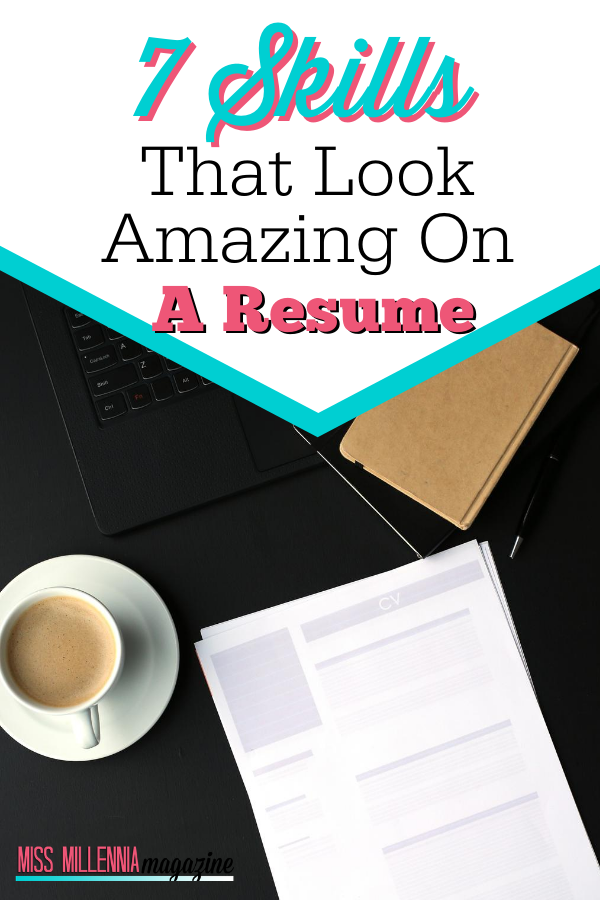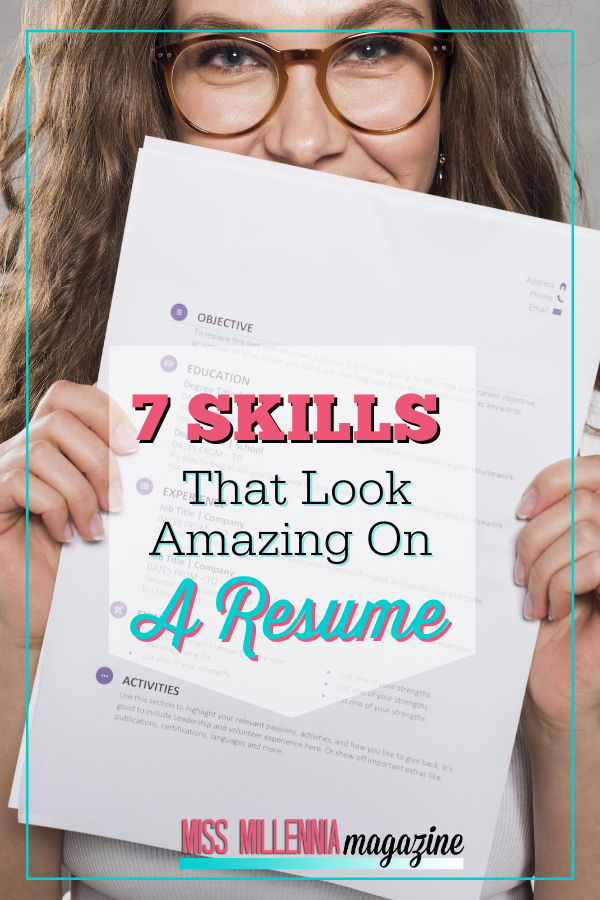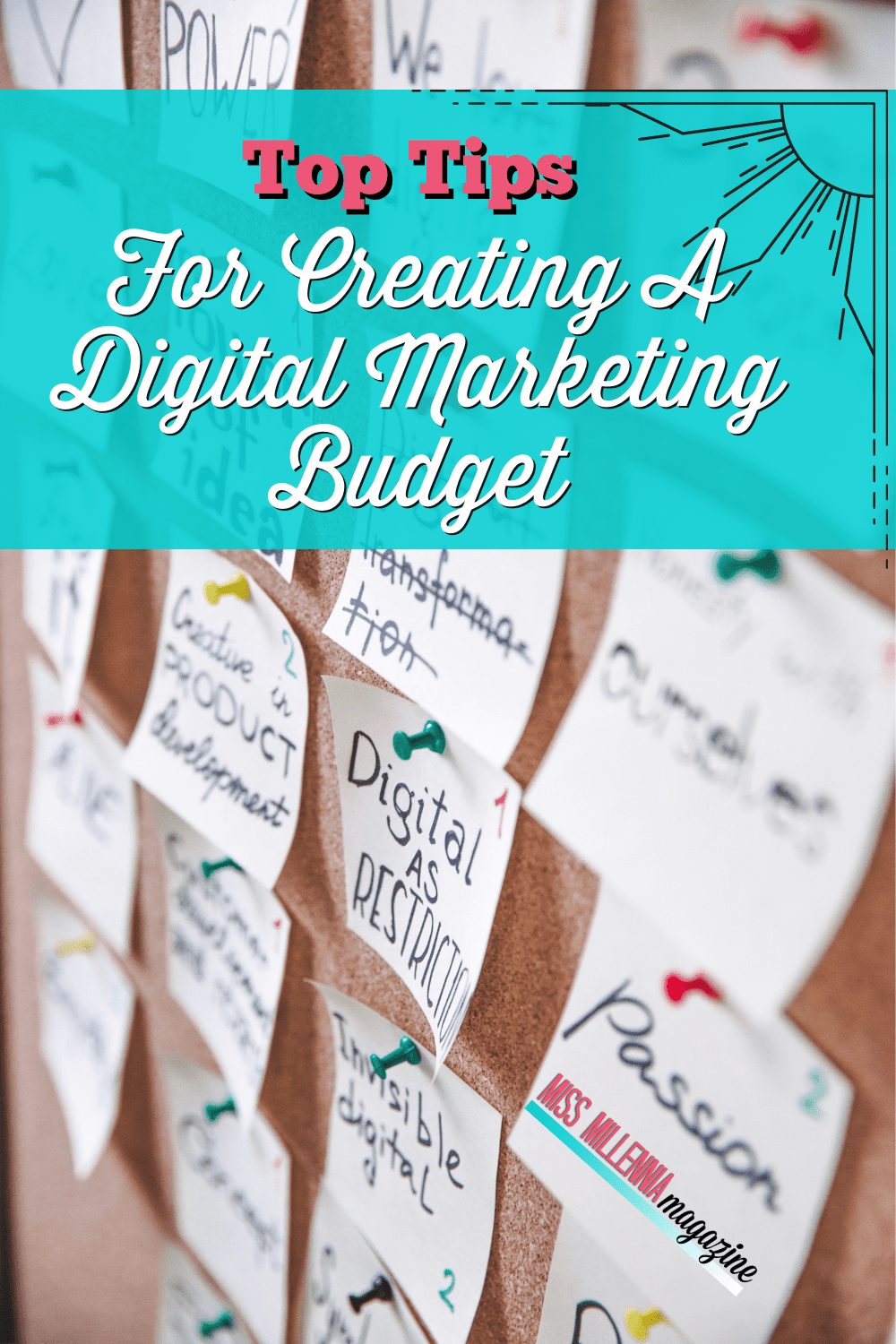7 Skills That Look Amazing On A Resume
When crafting your resume, it can be hard to know what to include. Different jobs look for other things, and company culture can even impact what employers want in an ideal candidate. However, the seven essential resume skills can help you no matter what job you are applying for.
Your resume should include a mix of both hard and soft skills. Your proficiency in a complex skill can be measured subjectively. These include software programs, coding languages, and typing speed. Soft skills, on the other hand, are more self-reported.
They are things like leadership, communication, and teamwork. Including soft skills on your resume gives recruiters something to ask you about and lets you discuss your experience in more detail.
The list below includes hard and soft skills to help you stand out from other candidates. Read on for seven critical resume skills to help you stand out to recruiters!
1. Speaking A Second Language
Speaking a second language is one of the critical resume skills you can have. This ability opens up job opportunities for you in many more places, including internationally. Also, some regions in North America prefer, even require, bilingualism. For example, knowing French puts you ahead of the pack in many parts of Canada, while Florida and the Southwestern United States need candidates who know Spanish.
Not getting serious about honing this skill is my biggest regret, to be honest! Growing up in central Pennsylvania, I never imagined living in Ottawa, the capital of Canada, where bilingualism is required for most jobs. Take it from me: stick with your language classes. It’s a little something that will set you apart from the crowd.
Want to add a second (or third) language to your resume? Try Rosetta Stone. This service has come a long way from the software CDs of the 90s! You can now download your language lessons and study anytime, anywhere.
Unlike some other language-learning programs, Rosetta Stone records confirmed native speakers to help you get your pronunciation perfect. No weird robot voices here! Their immersion method also helps your brain learn the new language naturally, not with dull lists of vocabulary words.
Grab your Rosetta Stone subscription here!
Read our article 6 Reasons Why You Should Learn Another Language Now to explore more compelling reasons to become bilingual.
2. Time Management
One soft skill that comes up in nearly every job posting is time management. Employers want to know that you won’t spend all your time on social media or get too stressed when you have lots of work. Knowing how to prioritize and complete tasks timely makes you an ideal employee.
When you add this to your resume, expect a question about it in the interview stage. Be ready with stories about an instance where you had to meet a tight deadline or juggle multiple projects while still staying on track with your timeline.
Here’s the catch.
Keep it off your resume if you aren’t good at time management. Add some of the other essential resume skills to this list instead. While lying about your experience is bad enough, exaggerating your soft skills is just as regrettable. Your new boss won’t be too pleased when you can’t meet deadlines even though you said you’re good with time.
Check out our article Increase Your Productivity With This One Awesome Tool to take charge of your time management skills.

3. Knowledge of Coding Languages
The tech sector seems to grow exponentially every year. More and more companies of all sizes are opening up, so young workers can take advantage of the opportunities! However, these types of jobs require a particular skill set. To open up a world of possibilities for yourself, become “fluent” in a coding language or two!
Knowing HTML, Python, or JavaScript isn’t just for IT jobs. Knowing how to code can give you a leg up if your job involves online communication, digital marketing, blogging, or social media. It is even fun to understand as a hobby or side hustle.
Get started with The No Bullshit Blueprint: Learn To Code In Any Programming Language: A Complete Beginner’s Guide To Cracking Programming Concepts Without A College Degree. This book helps you understand the computing mindset and is super easy to understand. With memes, sarcasm, and pop culture references, it’s also fun to read! Snag your copy of the book here.
4. Teamwork
Another soft skill that will have recruiters practically drooling over your resume is teamwork. Nobody wants to hire a person who can’t get along with others. Like in elementary school, you often need to work with people who aren’t your favorite.
You will still be required to collaborate with all your coworkers despite personal feelings. Knowing how to work on a team shows you are professional even if you’re not a people person or an introvert.
Though not many job postings list this as one of their essential resume skills, add it to yours anyway. If you get an interview and they don’t ask you specifically about your teamwork skills, bring them up whenever possible! Describing situations in which you had to work with different sizes of groups and various types of people proves you’re flexible.
One word of warning:
Working well with others is an optimistic asset employers love. Make sure you show you can also work equally well alone, though. Constantly needing team members to thrive at work could indicate that you aren’t independent enough.

5. Fast and Accurate Typing
With nearly every job requiring work on a computer these days, knowing how to type well might seem like an outdated skill to flaunt. However, your typing speed and accuracy can make a massive difference to recruiters, depending on the type of job you are applying for. Jobs that require a lot of data entry need people who can type quickly and accurately to ensure records are correct.
Even if you are applying for a regular old office job, knowing how to type correctly is crucial. After all, the slower you type, the less work you can get done. Accuracy is also crucial since no boss wants to spend all her time correcting your typos.
There are lots of places you can take free online typing speed tests. If you don’t do well at first, keep practicing until you have a good enough score (usually over 40 wpm) to include on your resume. Knowing your words per minute helps you add a complex skill to your resume that will set you apart.
6. Multitasking
Let’s be honest.
Today’s workplaces are BUSY. We are often tasked with enough work for two people. Job descriptions can include numerous different types of work.
Plus, most of us have multiple projects on the go at once! This can cause stress, but handling it like a pro will make you shine to recruiters.
Multitasking is one of the most essential resume skills because almost every job requires it. Recruiters don’t want you ignoring one project for another. Or worse, flaking out when there’s a lot to be done! Keeping cool when you’re busy rather than running around like a chicken with your head cut off lets employers know they can depend on you.
Even if you are applying for your first “grown-up” job, add multitasking to your resume anyway. You are probably better at it than you think! For instance, you had to juggle four or five different classes each semester in college. If you also had a part-time job, you have even better multitasking skills to discuss in your interview!
7. Project Management
Project management is one of those essential resume skills that will make you stand out to recruiters. Not everyone gets to lead projects, especially in non-managerial positions. If you get this opportunity, talk it up as much as possible! It is a complex skill that feels like a soft skill, so it’s impressive.
Even if you are at the bottom of the hierarchy at your office, take management opportunities whenever you can. If you’re still in school, offer to be in charge of the group project to hone your delegation and organizational skills. At work, offer to start a new project you’re interested in or even mentor a more recent employee. These things show that you take the initiative and want to improve your job.

How Do I Decide Which Skills To Include On My Resume?
The essential resume skills on this list are not for everyone. Each person should tailor their resume to make it reflect their specific strengths. But figuring out what those are can be more challenging than it initially seems! If you’re struggling, try these tactics.
First, look back on your accomplishments. Anything you have received an award or other recognition for is one of your strengths. This can be anything from meeting tight deadlines to conflict resolution to a complex skill specific to your work.
Next, ask your coworkers or manager what areas they think you excel in. Sometimes, we are so hard on ourselves that we can’t recognize our strengths. Ask people who will be honest with you, not just give you lip service to make you feel good about yourself.
There is even a feature that helps you do this on LinkedIn. You can list your skills on your profile, and your connections can “endorse” you if they know you are good at that skill.
Need more help identifying your professional strengths? Check out the video below. It can help you build your resume and prepare for interviews!
Do I Even Need A Skills Section On My Resume?
This is a question that people love to debate. Some people believe your skills should be evident through your descriptions of past employment. Others think that pointing out specific skills you have makes it more likely for recruiters to pull your resume out of the stack. They won’t have to sift through as much information, which is always a plus!
When applying for jobs, it’s up to you to include a section of essential resume skills in your document. Here are a few ways to help you decide:
- If you are fresh out of college (or haven’t graduated yet), including a skills section can be helpful. You don’t have much relevant work experience to lean on, but you have probably gained functional workplace skills through group projects and the part-time jobs you’ve held.
- You get super nervous about interviews (like I do). Adding a skills section to your resume lets you be more in control. Recruiters will most likely ask you to elaborate on the skills you claim to have so you can better prepare for their questions. It is a way to attempt to guide the interview in a direction that makes you more comfortable.
- Individuals with lots of work experience in their field probably shouldn’t include a skills section on their resumes. Instead, be super detailed about what your jobs have entailed, including your skills in there. If you are looking to move on to a similar position to the one you already have, potential employers already know the types of skills you should have.
Showcasing various hard and soft skills on your resume makes it easy for recruiters to pick up on your strengths. Whether you are applying for your first job or looking for a new position, the seven skills that look amazing on a resume listed above will make potential employers swoon! If you have them, highlight them; if not, there’s never a better time to learn new skills than the present!
Resources
Best Skills to Include on a Resume
10+ Skills for a Resume Recruiters Will Read
6 Reasons Why You Should Learn Another Language Now
Increase Your Productivity With This One Awesome Tool
Test your ability to perform tasks and react to situations at work – Aptitude tests by WikiJob














